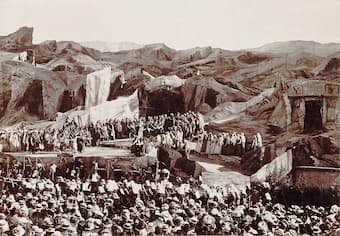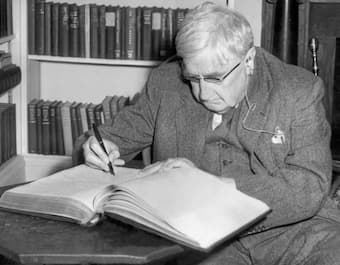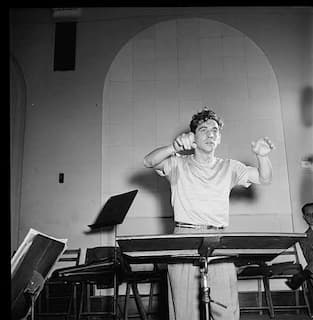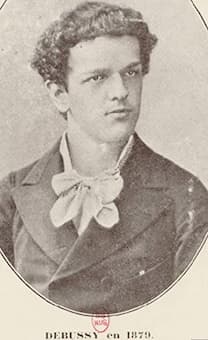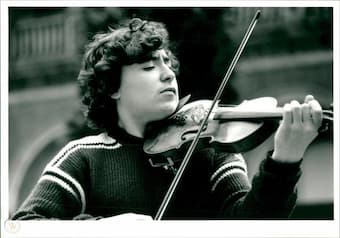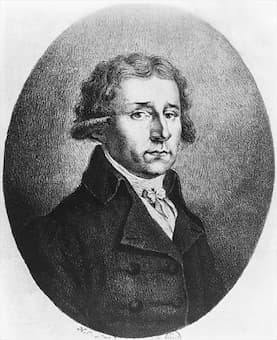On 27 August 1900 a massive number of performers assembled at Arènes de Béziers to premiere the tragédie lyrique, essentially the grand cantata Prométhée by Gabriel Fauré. The performing cast, numbering almost 800 participants including two wind bands and 15
On This Day
Ralph Vaughan Williams enjoyed excellent health throughout his life, and at the age of 85 he has just completed the piano score of his new opera Thomas the Rhymer. He also planned two song cycles for voice and piano, to
At the insistence of his grandmother, Leonard Bernstein was born Louis Bernstein in Lawrence Massachusetts on 25 August 1918. His parents, Jennie (née Resnick) and Samuel Joseph Bernstein, always called him Leonard, and to his friends and many others he
Claude Debussy once told a journalist in Vienna, “See how they are mistaken. Some think I am a melancholy northerner, other that I am from the south, from Provence, the country of Daudet—tireli, tirela! Well, I am just a native
Janet Baker, born in Yorkshire on 21 August 1933, considers herself perfectly lucky. “I have all the thing which, to the outward eye, spells success,” she writes. “A marvelous career, the kind any performer dreams about… All my working life
Maxim Vengerov, born on 20 August 1974 in Novosibirsk, combines “superb technical command with lyrical eloquence that easily captivates audiences.” He is hailed as one of the world’s finest musicians, and sometimes lauded as “the greatest living string player in
In 2012, violinist Vilde Frang was unanimously awarded the Credit Suisse Young Artist Award, and she made her debut with the Vienna Philharmonic under Bernard Haitink at the Lucerne Festival shortly thereafter. Born on 19 August 1986 in Norway, Frang
The town of Legnago is situated on the Adige River, in relatively close proximity to Venice, Mantua, Verona, and Vincenza. Since it is located on a rich agricultural plane, it long served as a center of grain trading. On 18

